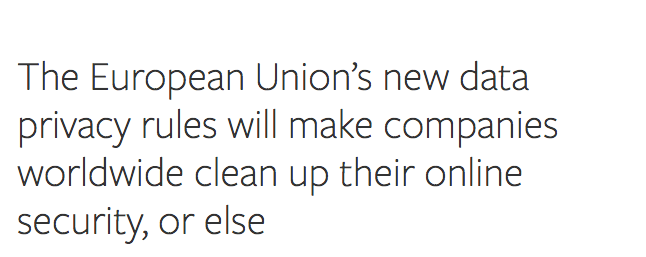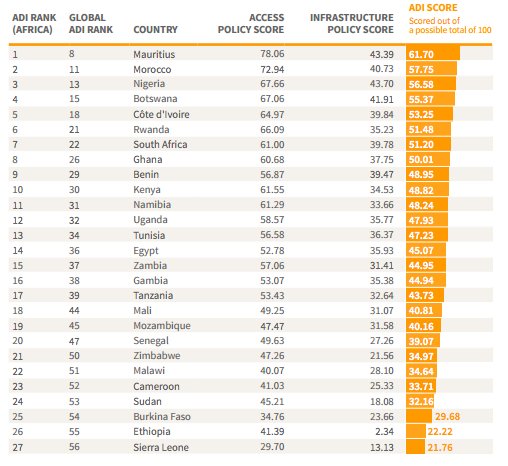Despite Releasing New NSA Information, Government Still Tries to Block Groundbreaking EFF Case

December 21, 2013 | By Rebecca Jeschke
U.S. government intelligence officials late last night released some previously secret declarations submitted to the court in Jewel v. NSA — EFF’s long-running case challenging the NSA’s domestic surveillance program – plus a companion case, Shubert v. Obama. The documents were released pursuant to the court’s order.
Surprisingly, in these documents and in the brief filed with them, the government continues to claim that plaintiffs cannot prove they were surveilled without state secrets and that therefore, a court cannot rule on the legality or constitutionality of the surveillance. For example, despite the fact that these activities are discussed every day in news outlets around the world and even in the president’s recent press conference, the government states broadly that information that may relate to Plaintiffs’ claims that the “NSA indiscriminately intercepts the content of communications, and their claims regarding the NSA’s bulk collection of … metadata” is still a state secret.
“The government seems to be trying to reset the clock to before June 2013 or even December 2005,” said EFF Legal Director Cindy Cohn. “But the American people know that their communications are being swept up by the government under various NSA programs. The government’s attempt to block true judicial review of its mass, untargeted collection of content and metadata by pretending that the basic facts about how the spying affects the American people are still secret is both outrageous and disappointing.”
Earlier this year the federal judge overseeing EFF’s long running Jewel v. NSA case ordered the government to review all of its previously secret declarations in light of the many new revelations over the last few months, and to declassify and re-file the declarations publicly to the fullest extent possible by Dec. 20.
The newly released declarations are the first time the government has declassified a description of the origins and history of the NSA’s illegal and unconstitutional surveillance programs. However, these declarations – and the reissued state secrets claims – represent only a very slight shift in the government’s tactics in this case. The government has tried to block a federal court from deciding the legality of the NSA’s surveillance programs at every step in this litigation, starting from when it was first filed in 2008. It used the same tactics with a predecessor case, Hepting v. AT&T, which EFF filed in 2006.
Earlier this week, a Washington D.C. federal court judge ruled that NSA telephone records collection was “probably unconstitutional” in DC federal court. In July, based on documents filed before the Snowden revelations, the judge in the Jewel v. NSA ruled against the government’s state secrets claims. Now we look forward to the California federal court finally ruling on the legality of the “upstream” interception of internet content and the telephone records program.
“One day, hopefully soon, a court with a public, adversarial process will decide the legality of all of the NSA’s surveillance programs,” said EFF Staff Attorney Mark Rumold. “We look forward to continuing that fight and bringing an end to the NSA’s bulk collection of Americans’ communications and records.”



